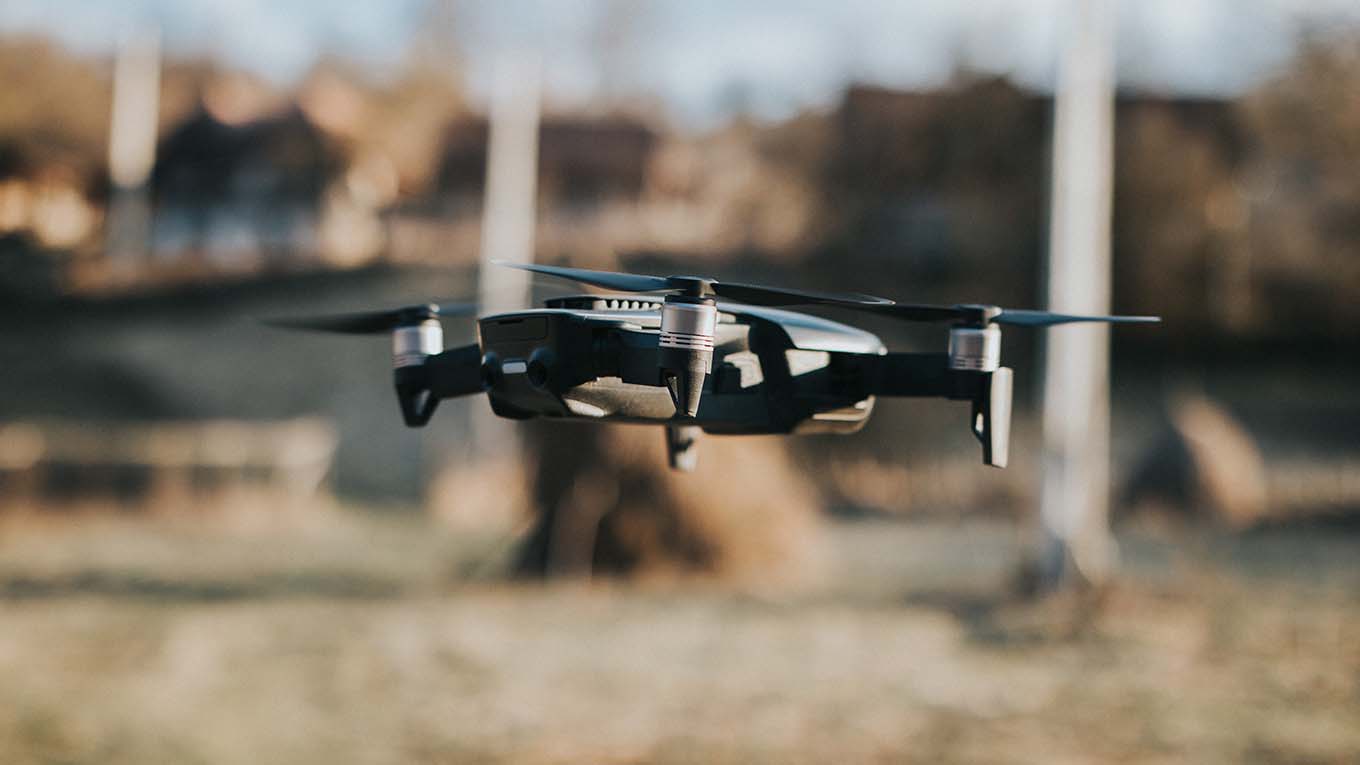
Drone technology featured in 2021 CITRIS Awards
UC Santa Cruz
The Center for Information Technology Research in the Interest of Society (CITRIS) and the Banatao Institute at UC Santa Cruz have selected three winning projects for the 2021 CITRIS Campus Seed Funding program, which this year focused on drone-related work. This year’s projects deal with a range of pressing issues, including food supply, water, and wildfires.

Transformational Energy
UC Irvine
A multi-institutional team led by UC Irvine chemical engineer Han Li was awarded $1.8 million from the U.S. Department of Energy’s Advanced Research Projects Agency-Energy (ARPA-E). The funds will be used to create new clean energy processes that more efficiently convert waste into commodities and biofuels and reduce its carbon footprint.

Paving the Way to Zero Emissions from Cement
UC Davis
When mixed with water, cement glues together the sand and gravel in concrete, used for buildings, roads, tunnels, bridges, dams, pipes and other kinds of infrastructure. But cement production also makes a significant contribution to global greenhouse gas emissions and researchers are looking for ways to reduce this impact.
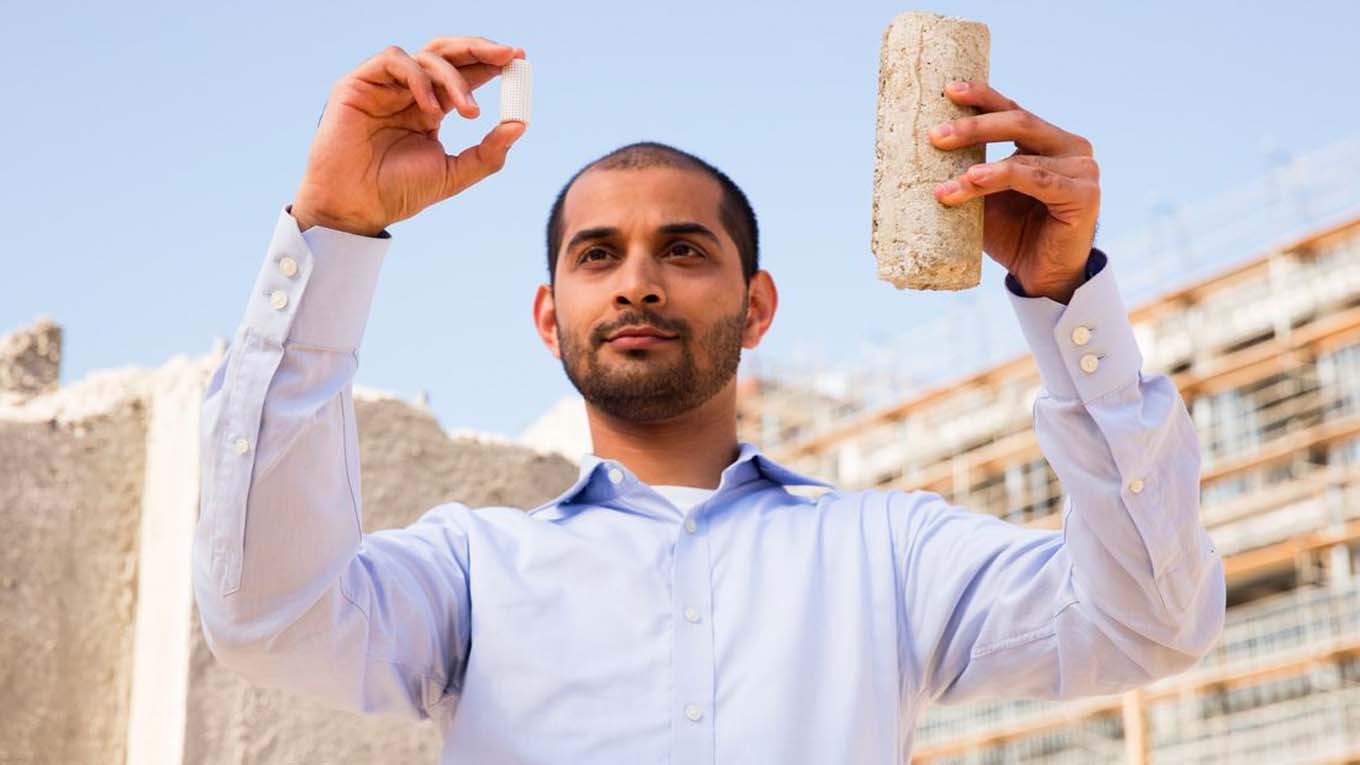
Team led by UCLA professor wins $7.5 million NRG COSIA Carbon XPRIZE
UCLA
A group of UCLA engineers has become the first university team to win the grand prize in the NRG COSIA Carbon XPRIZE global competition. By mitigating the carbon footprint of concrete, the team’s invention could eventually be a major step in the global battle against climate change.
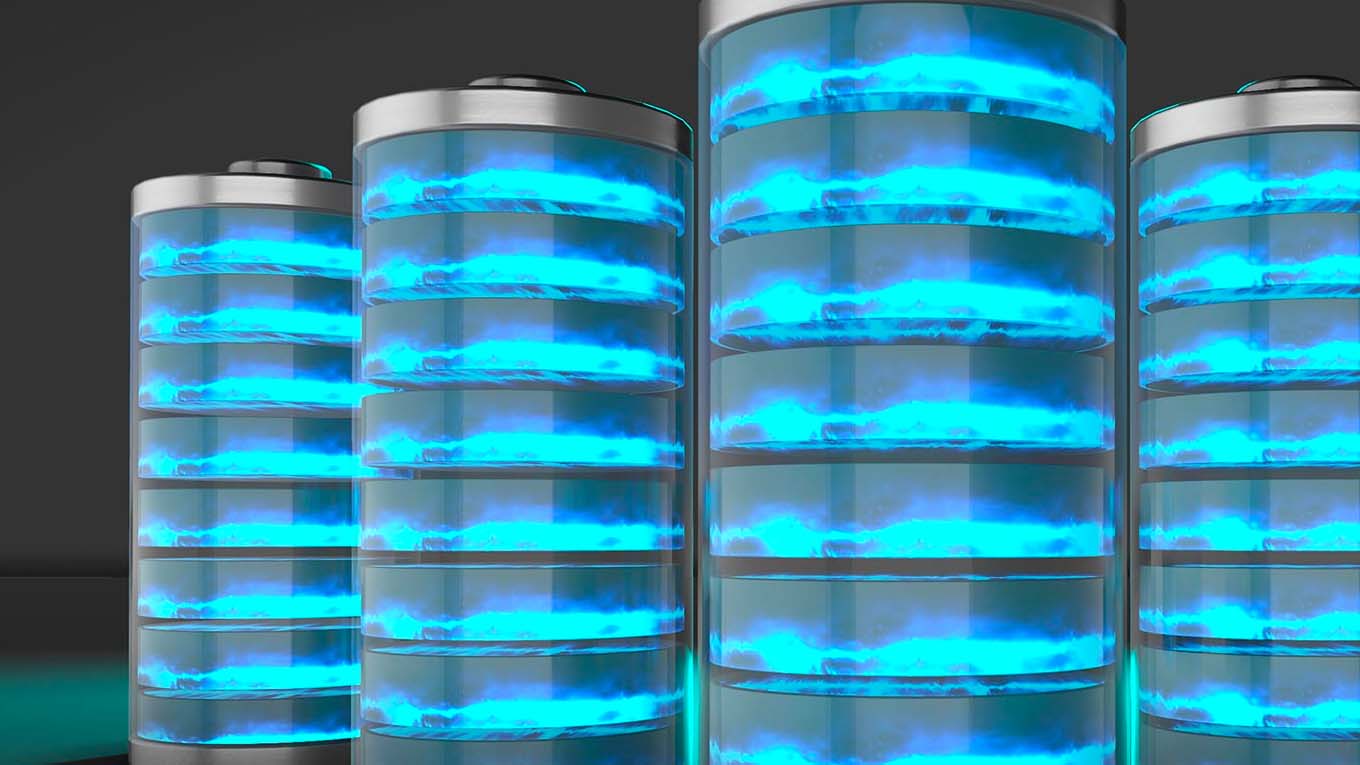
UC San Diego Nanoengineers receive $2.7M NSF grant
UC San Diego
A team led by nanoengineers has been awarded an N $2.7 million grant from the National Science Foundation to develop an eco-friendly and low-cost manufacturing process for sodium all-solid-state batteries. The process will be used to create large-scale energy storage systems—for buildings, electric grids, and wind and solar farms—that are more efficient, affordable and safe.
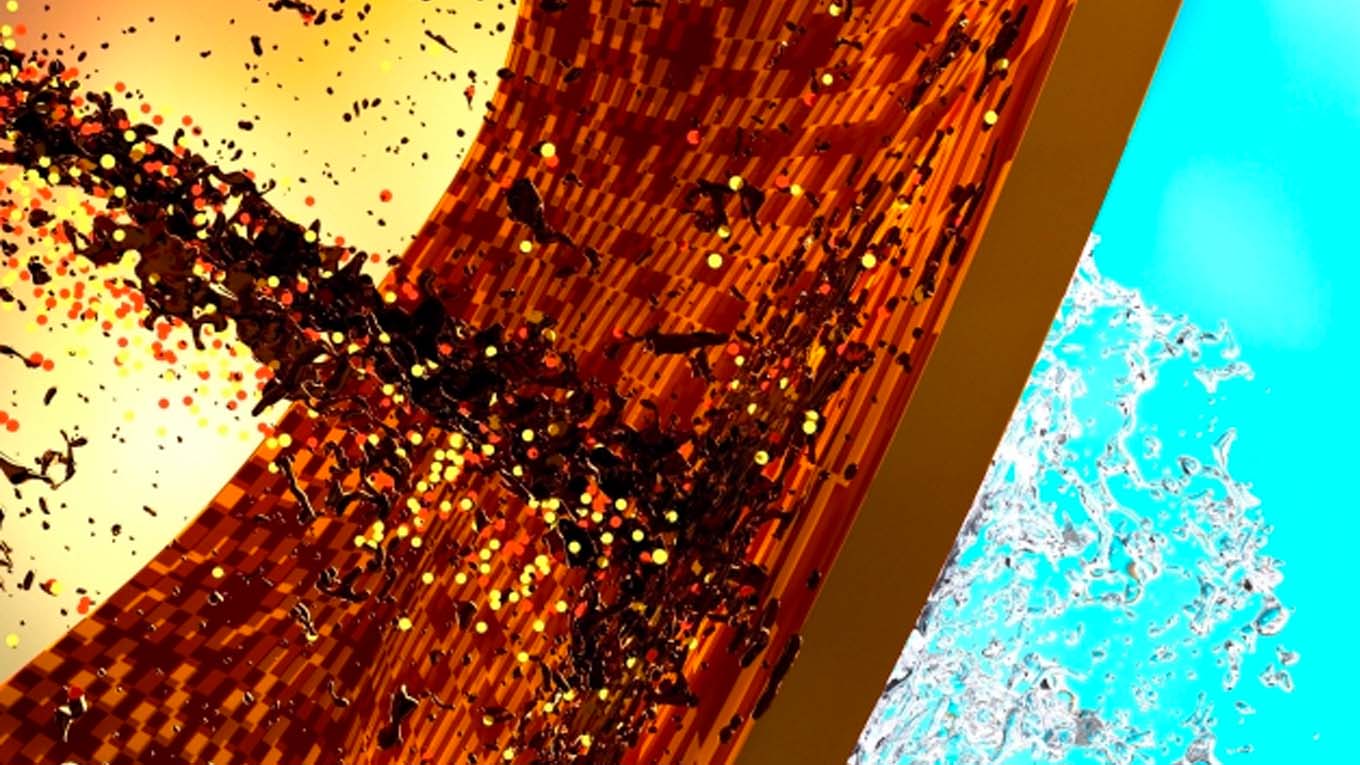
Computing Clean Water
UC Santa Barbara
Water is perhaps Earth’s most critical natural resource. Given increasing demand and increasingly stretched water resources, scientists are pursuing more innovative ways to use and reuse existing water, as well as to design new materials to improve water purification methods.
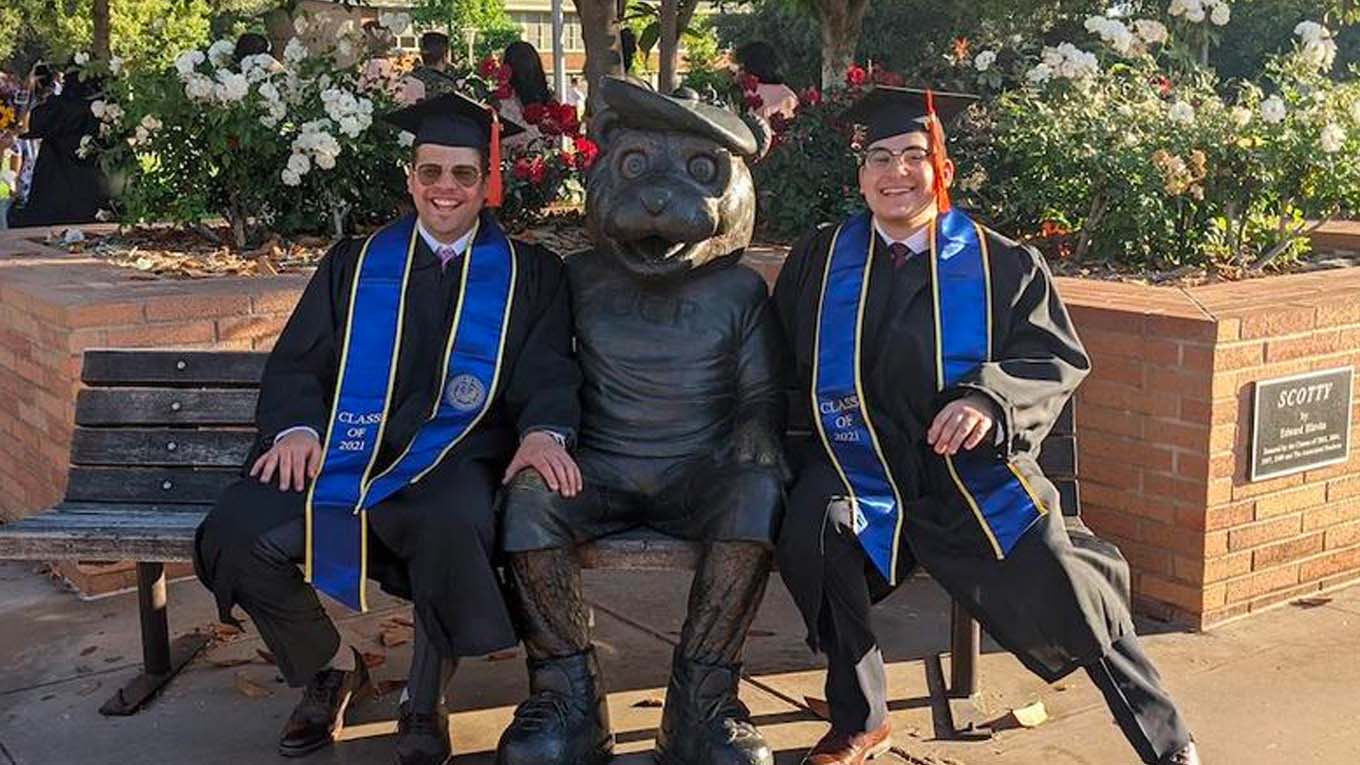
Chance meeting spawned a tech startup for these engineering students
UC Riverside
UCR students developed plans and acquired funding to build a prototype solar-powered recycling container that can hold and autonomously sort up to 365 gallons of recyclable materials and report information wirelessly to optimize pickups and waste management.

Back down to earth: Materials science professor Ting Xu is re-engineering plastics for the age of sustainability.
UC Berkeley
Many recyclable plastics never even make it into the right bin, and while products with terms like “eco” and “plant-derived” in their brand names can let us feel like we are making Earth-friendly choices, scientists say their benefits may be oversold.
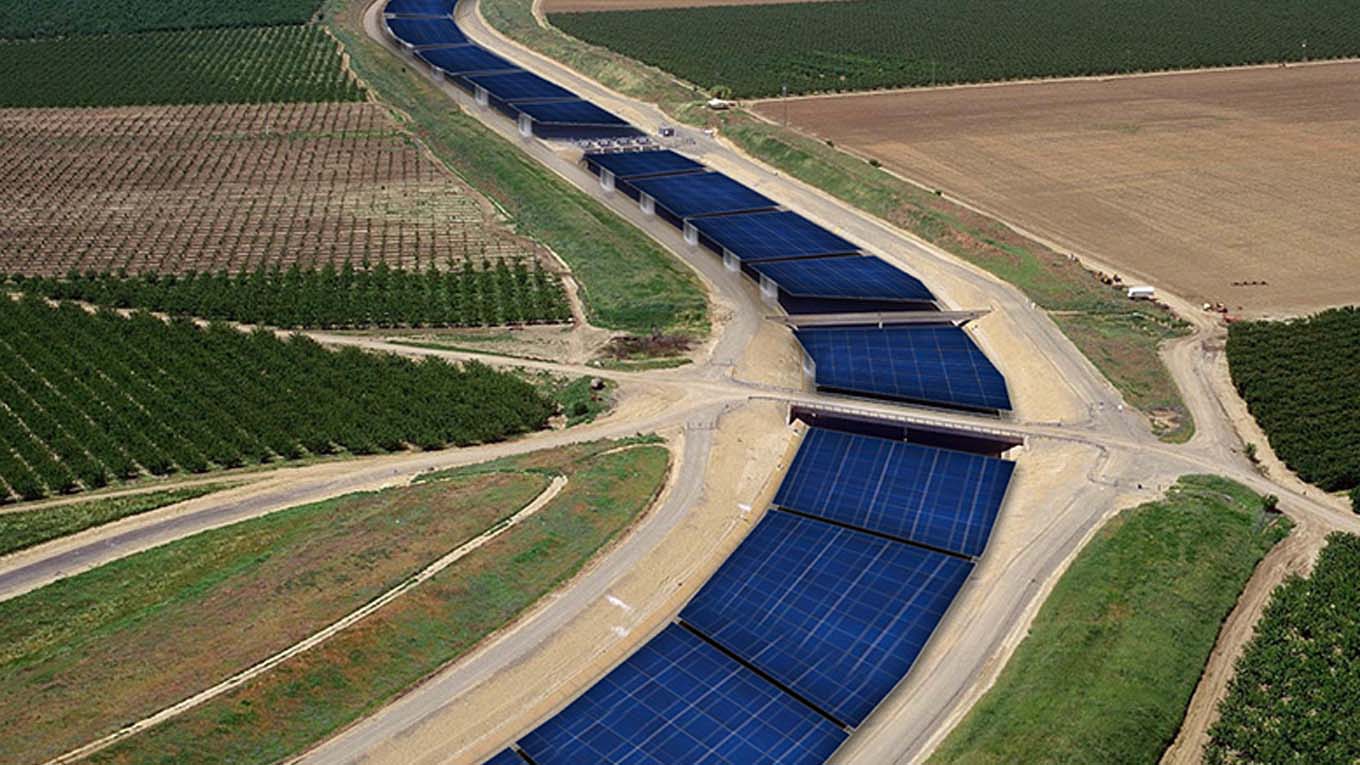
Solar Panels Over Canals Can Save Money, Energy and Water, Study Shows
UC Merced
Covering the 4,000 miles of California’s water canals could save billions of gallons of water and generate renewable power for the state every year, according to a new study.
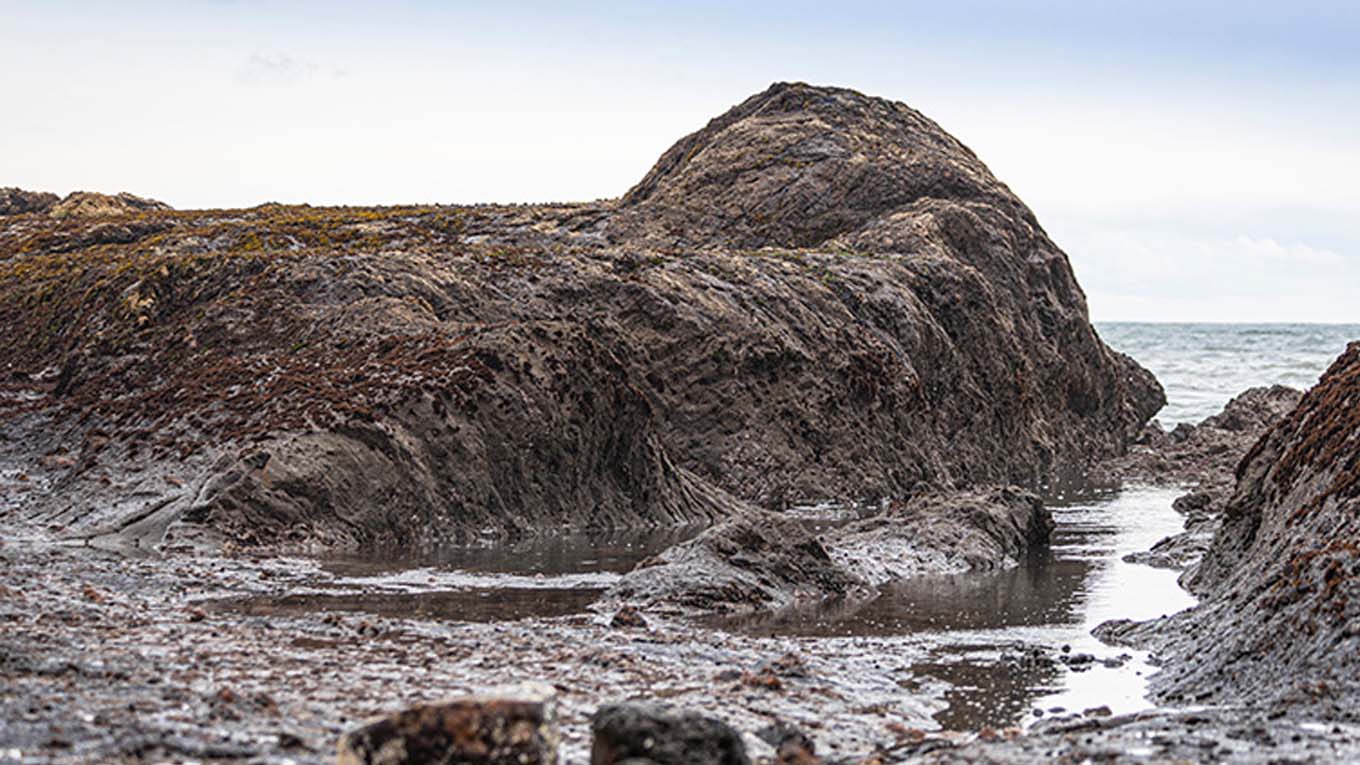
Engineering Professor Awarded NASA Grant to Study Impacts of Wildfires on California’s Coastline
UC Merced
California is known for its beautiful coastline, where the Pacific Ocean meets sandy beaches and rugged cliffs. While many scientists have studied the land or the ocean independently, less is known about the nexus of the two.
UC Merced researchers will be studying this over the next three years along.
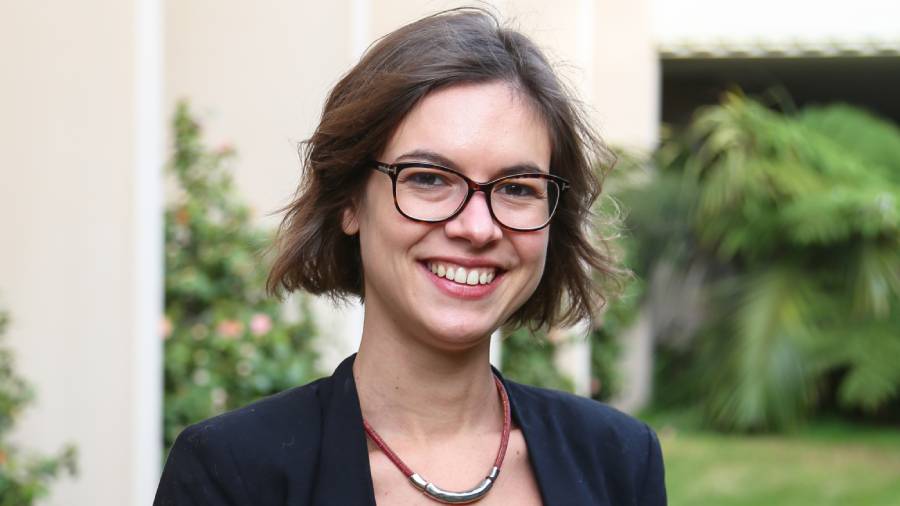
The Sodium Solution
UC Santa Barbara
Lithium (Li) is the active ingredient in rechargeable batteries that power today’s smartphones, laptops, and electric vehicles. However, lithium’s scarcity and high price have led researchers to search for another, more abundant element to replace it.
“Viable sodium alternatives to current lithium-based batteries have proven elusive, partly because a limited number of sodium-ion electrode materials have been tested to date,” said Raphaële Clément, an assistant professor in UC Santa Barbara’s Materials Department.
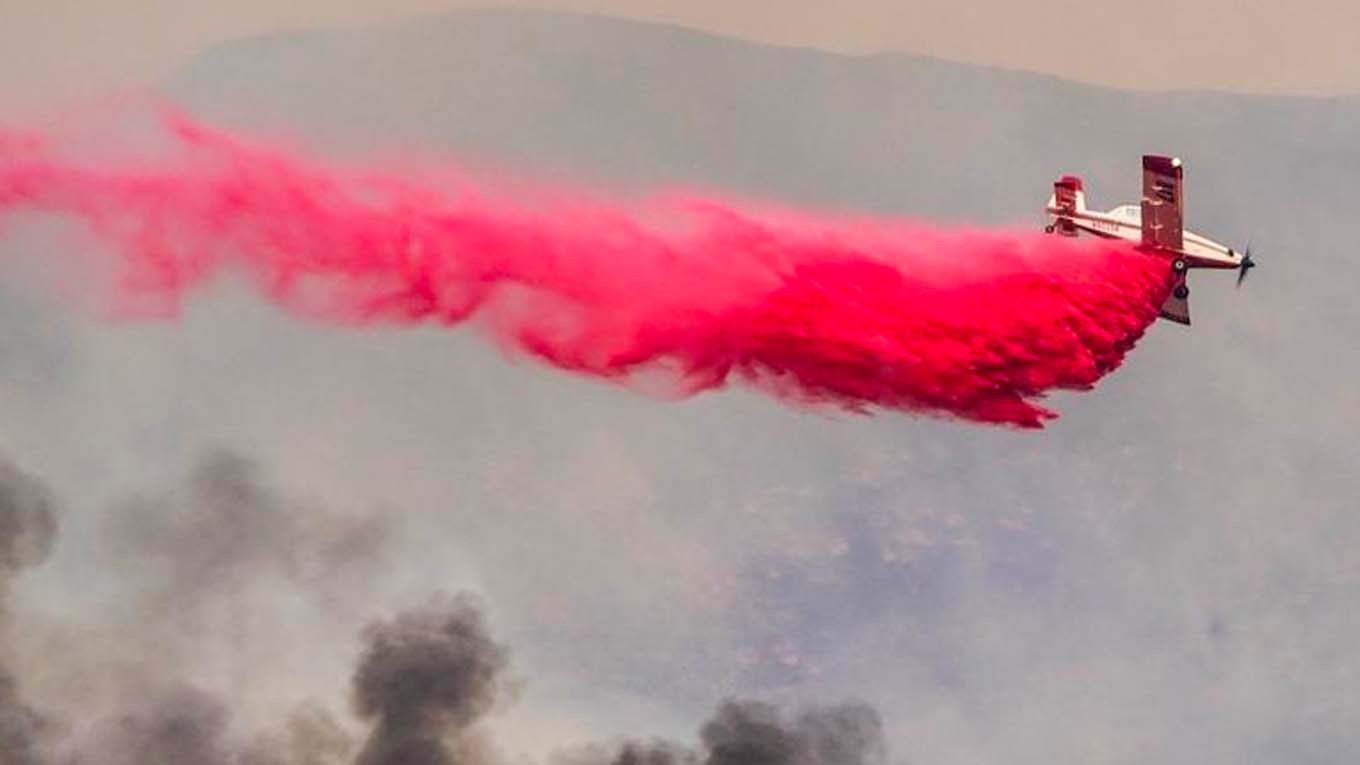
Wildfire dataset could help firefighters save lives and property
UC Riverside
The dataset can be used to simulate the spread of wildfires to help firefighters plan emergency response and conduct evacuation. It can also help simulate how fires might spread in the near future under the effects of deforestation and climate change, and aid risk assessment and planning of new infrastructure development.
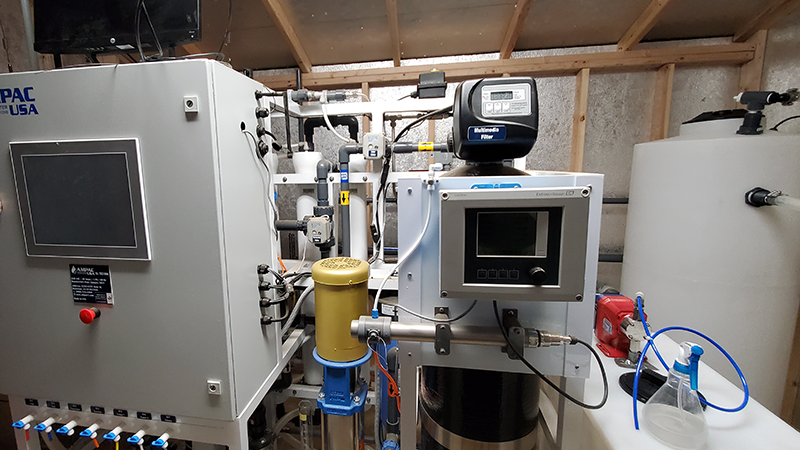
UCLA Engineers Build Water Treatment System for Disadvantaged Communities
UCLA
California’s Salinas Valley is one of the most productive agricultural regions in the U.S., growing lettuce and many varieties of leafy greens, strawberries, wine grapes, garlic and more. But for isolated communities of farmworkers and others who live outside the reach of a municipal water system, access to clean drinking water has been an ongoing challenge.
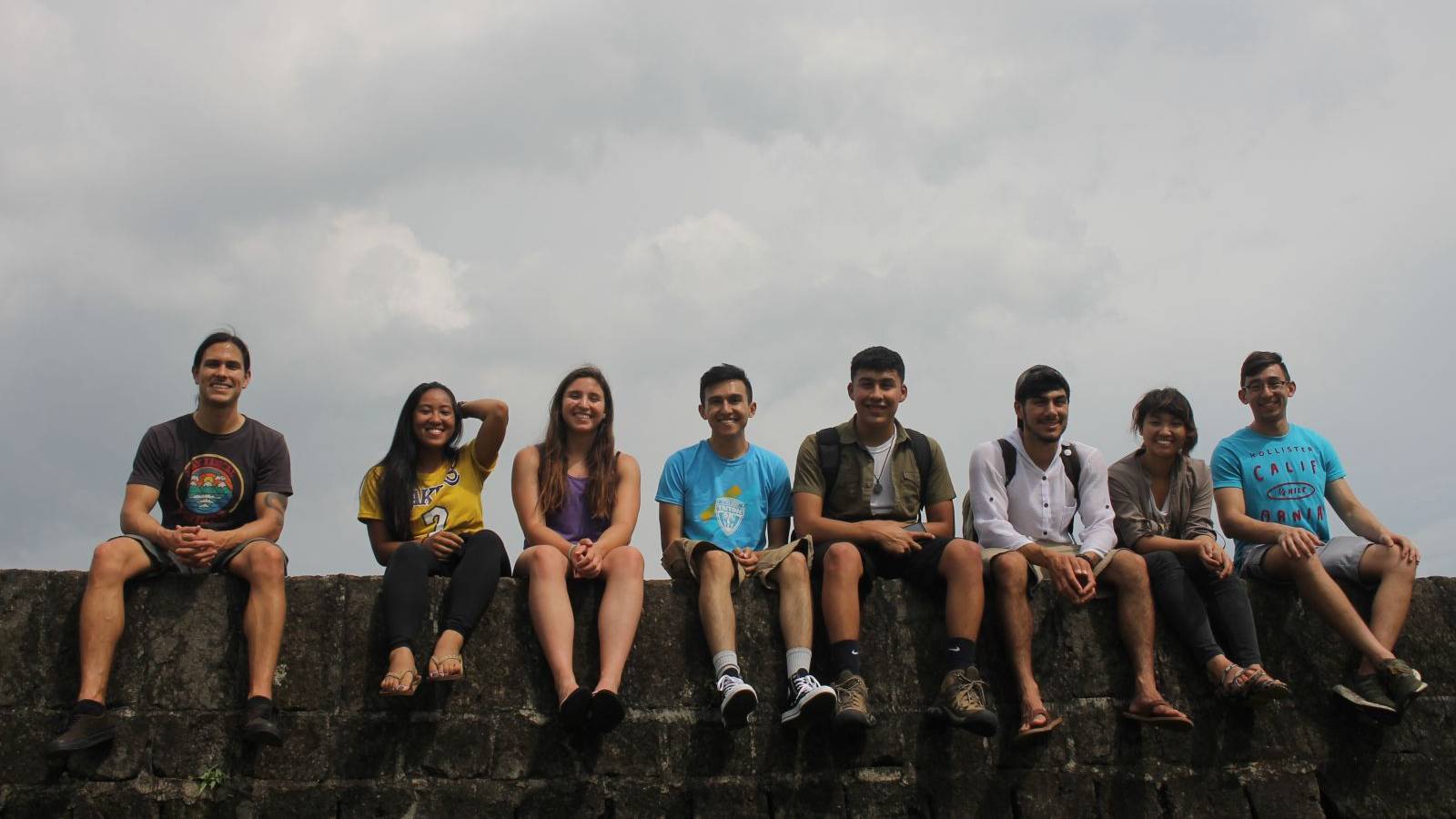
Let There Be Light
UC San Diego
UC San Diego alumnus Lin Thu Hein has come full circle; after arriving in the United States from Myanmar at age 13, he is now using his degree in electrical engineering to bring solar-powered lighting to people off the grid and displaced by the recent unrest in his home state of Kachin in Myanmar.


